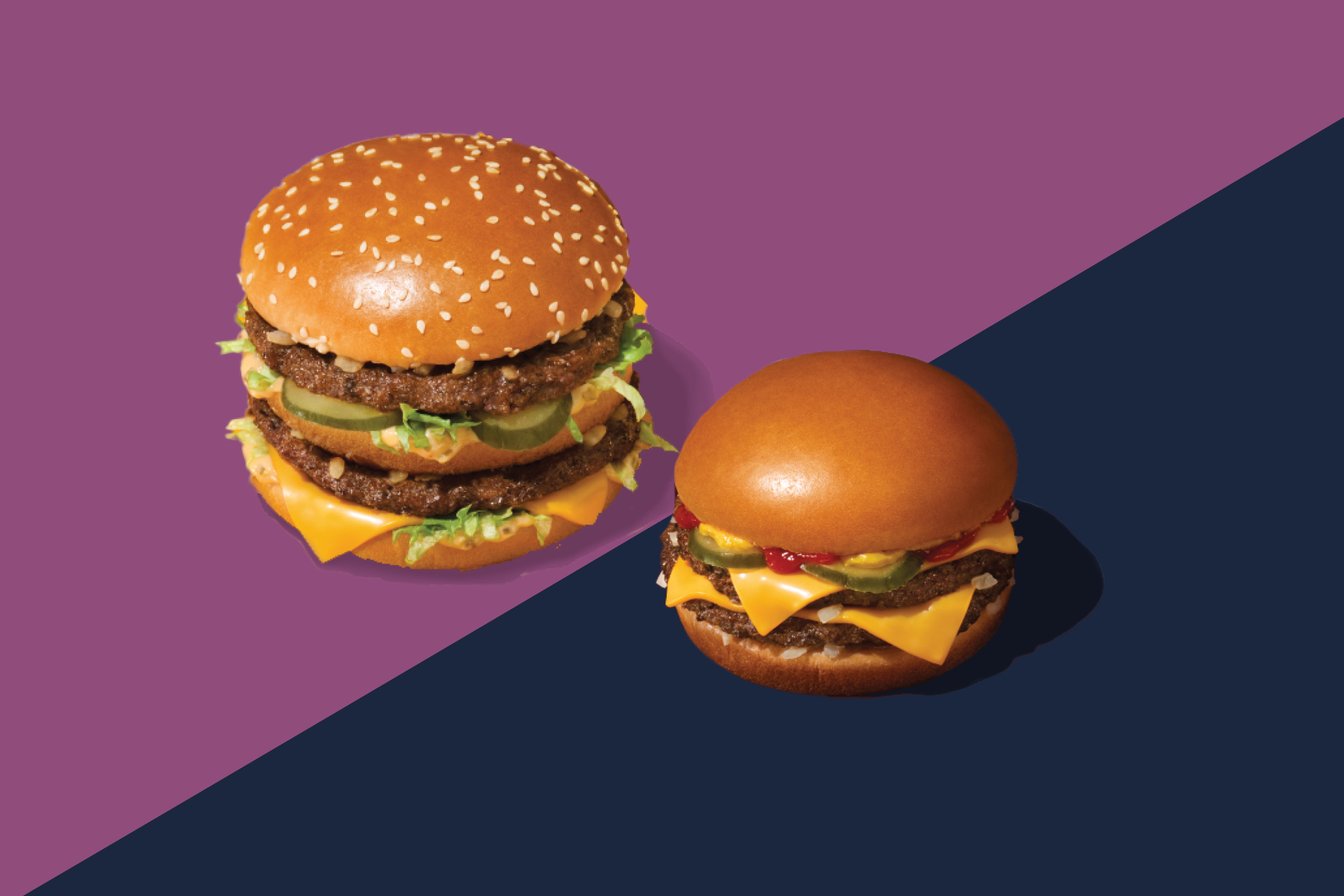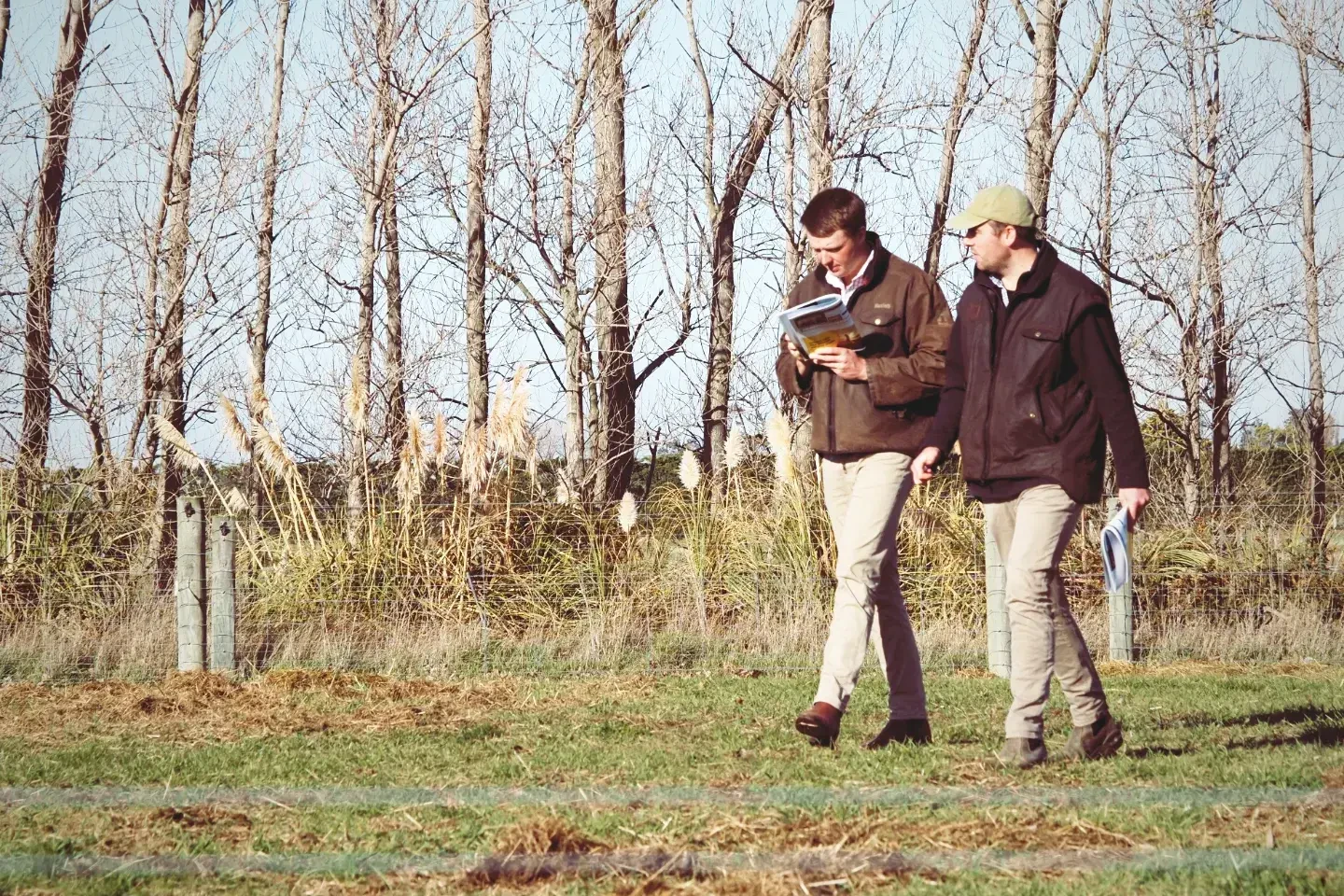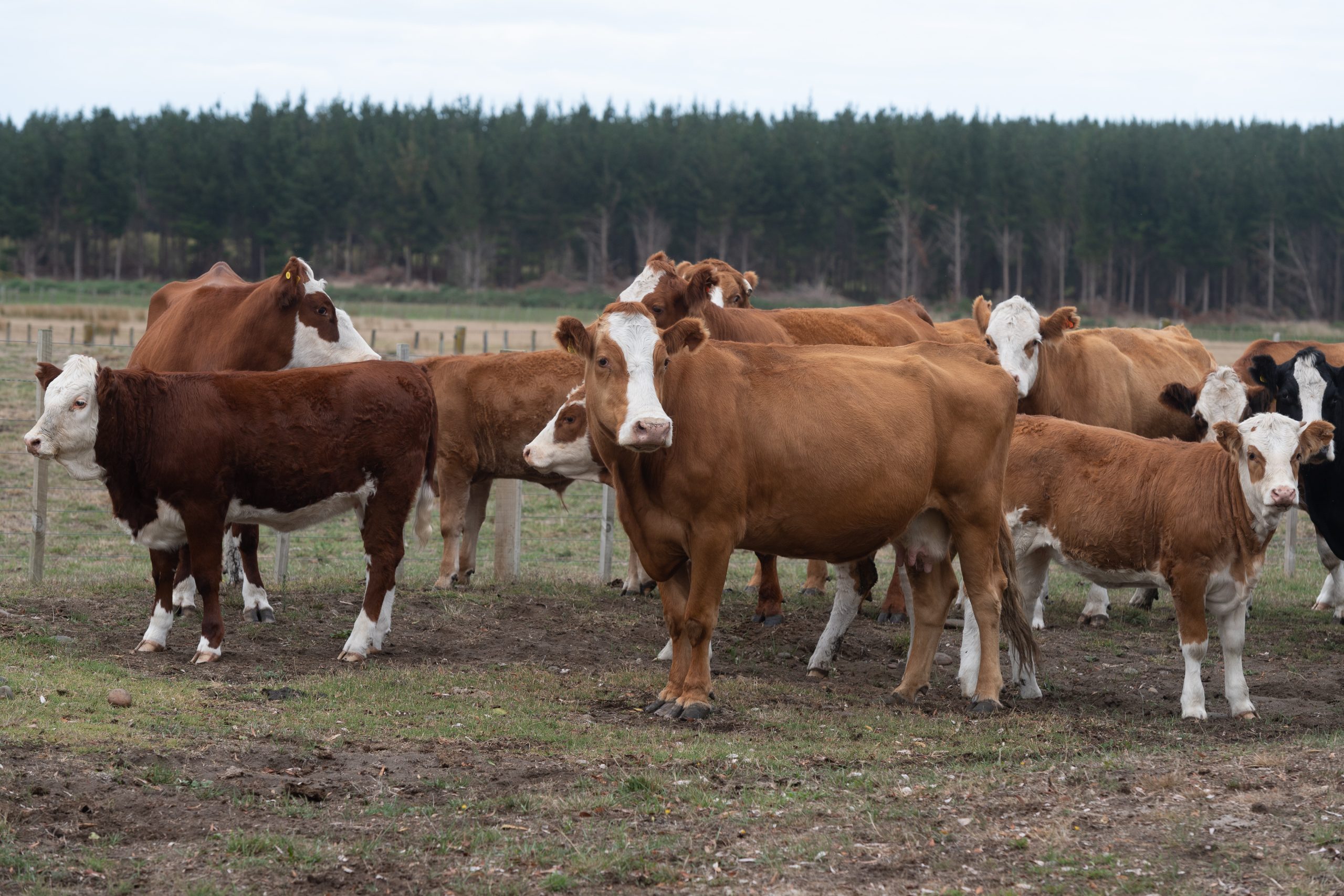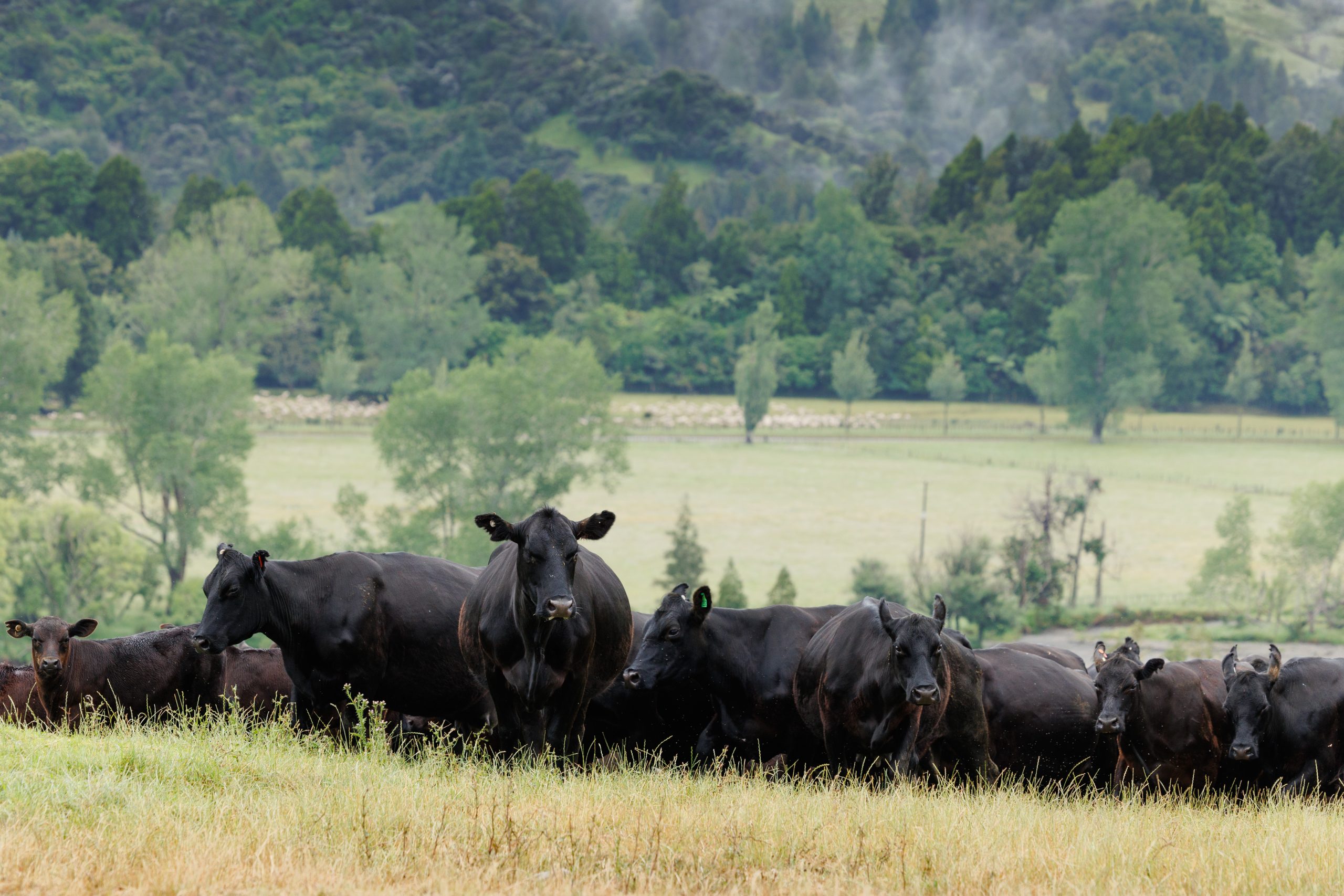Ground beef’s climate demands
McDonald’s Australia and New Zealand procurement of ground beef needs to show a 7% absolute reduction in carbon emissions by 2030. Words by Sarah Perriam-Lampp.

In February 2024, NZ Roundtable for Sustainable Beef Chair Richard Scholefield, hosted a webinar to look at beef’s value chain. They explored what it means and how it impacts New Zealand beef farmers.
A value chain is different from the supply chain model that exists for our beef commodities currently. Rather than a farm producing a product, processing it and transporting it to market, a value chain uses consumers’ insights to inform the innovation and auditing they require to pay a premium to the producer.
NZ’s $12 billion of beef trade currently relies on 83% under free trade agreements (FTAs) but the challenges of non-tariff barriers are on the rise, such as sustainability requirements.
Whilst we see tariffs at $200 million in 2022 these are dropping under trade agreements, but non-tariff barriers now equate to over $1.5b according to Nick Jolly, Senior Trade Policy Advisor Environment, Beef + Lamb NZ.
“There is increasing interest from our trade partners around sustainability and animal welfare. These countries want to know what’s happening on NZ beef farms; that we are producing beef in a way that aligns with their ethical and sustainable expectations,” says Nick.
He says it is a key issue in both the UK and Europe free trade agreements, with specific chapters in the agreement on sustainability and animal welfare. They may not necessarily improve market access but be used as protectionist measures for their farmers.
Sustainability-linked non-tariff barriers will continue to impact our beef trade through cost but most importantly because they are not designed to take into account the uniqueness of our NZ pastoral system. An example of this is the European’s Deforestation Free Supply Chain Regulation, which while was designed to target South American’s deforestation for beef production, we have to also navigate by providing historic information on why this is different.
“We must ensure that the market access we have fought for, is not impacted by regulation that doesn’t understand our farming systems,” says Nick.
Regenerative agriculture opportunities provide the lowest hanging fruit. We are working with AgResearch on a pilot study in Hawke’s Bay on how these environmental practices can be linked to a form of certification for us.
The procurement of sustainability produced beef is closer to home than the borders of the EU as McDonald’s have a Response to Sustainability. As a company they have joined the SBTi (Science Based Targets initiative) Business Ambition to reach net zero emissions by 2050.
Merri King, Sustainable Sourcing Manager for McDonald’s Australia shows the webinar that McDonald’s Scope 3 emissions profile illustrates beef outweighs any other part of their business for emissions. A significant part of that is deforestation, and there is a deliberate focus to source beef that comes from non-deforested land so they can operate in the EU market.
In late 2023, McDonald’s had their SBTi targets validated to a 16% absolute reduction globally in farm emissions of beef by 2030; which sees the McDonald’s Australia and NZ business sourcing of beef equivalent to a 7% absolute reduction. “It’s a huge target and there is a lot of work to do for us to get to this by 2030,” says Merri.
The levers that McDonald’s are looking to use to do this are two-pronged. The first is on carbon reduction through investing in herd efficiencies, feed additives and genetic projects. The second is regenerative agricultural practices by taking carbon out of the atmosphere. “Regenerative agriculture opportunities provide the lowest hanging fruit. We are working with AgResearch with a pilot study in Hawke’s Bay on how these environmental practices can be linked to a form of certification for us,” says Merri.
The study aims to increase plant growth due to greater nutrient content in the soil and enhanced physical, microbial and chemical soil properties – potentially also leading to a better soil structure and higher water retention capacity.
Merri says she is very aware of the differences between Australian and NZ soils but acknowledges that the principles of regenerative agriculture can be applied more broadly across the agricultural supply chain. McDonalds – via the NZ Roundtable for Sustainable Beef – want to partner with organisations, farms and groups to bring this into play through research opportunities.
In her role as Global Insights Manager for Silver Fern Farms, Belinda Freeman shared research into consumer insights from a global view of beef. The Silver Fern Farms Premium Red Meat Benchmarking study talked to more than 9200 people across nine countries representing close to two billion people. The countries included the USA, UK, China, South Korea, Germany, Saudi Arabia, UAE, Japan and NZ
She wanted to myth-bust various perceptions around red meat. The first was that people aren’t eating red meat anymore – they found out that across the nine countries 95% of people consume red meat.
For the majority of the 2.3% consumers that don’t, they cited animal welfare concerns or taste.
Of the total respondents, 78% said it is important they eat the best quality red meat and 54% try to include sustainable and ethically produced meat in their diets. Of the consumer base they spoke to 67% are concerned about climate related issues.
“By focusing on climate related and animal welfare concerns, it gives our farmers the right to play on the global stage,” said Belinda.
Interested in the New Zealand Roundtable for Sustainable Beef? Visit their website to become a member and register for their 2024 Conference ‘Leading from the front – bringing together the whole value chain’ 20-21 May 2024 in Christchurch. nzsustainablebeef.co.nz




